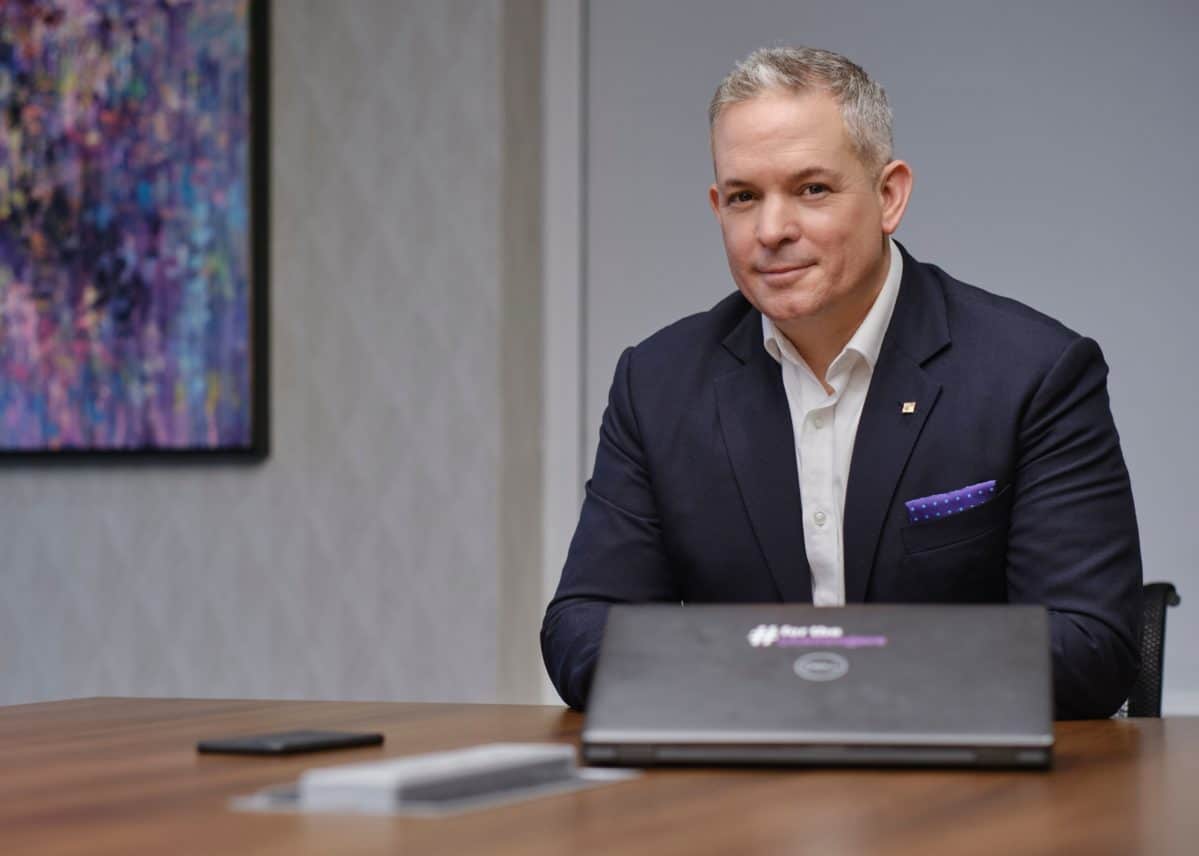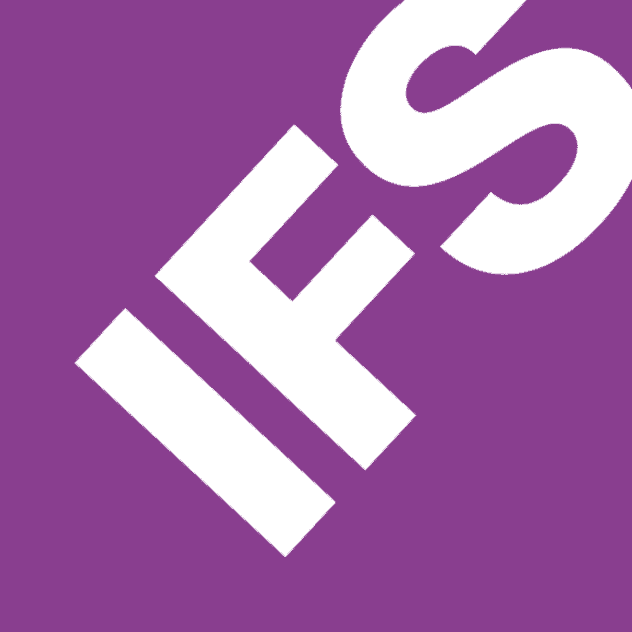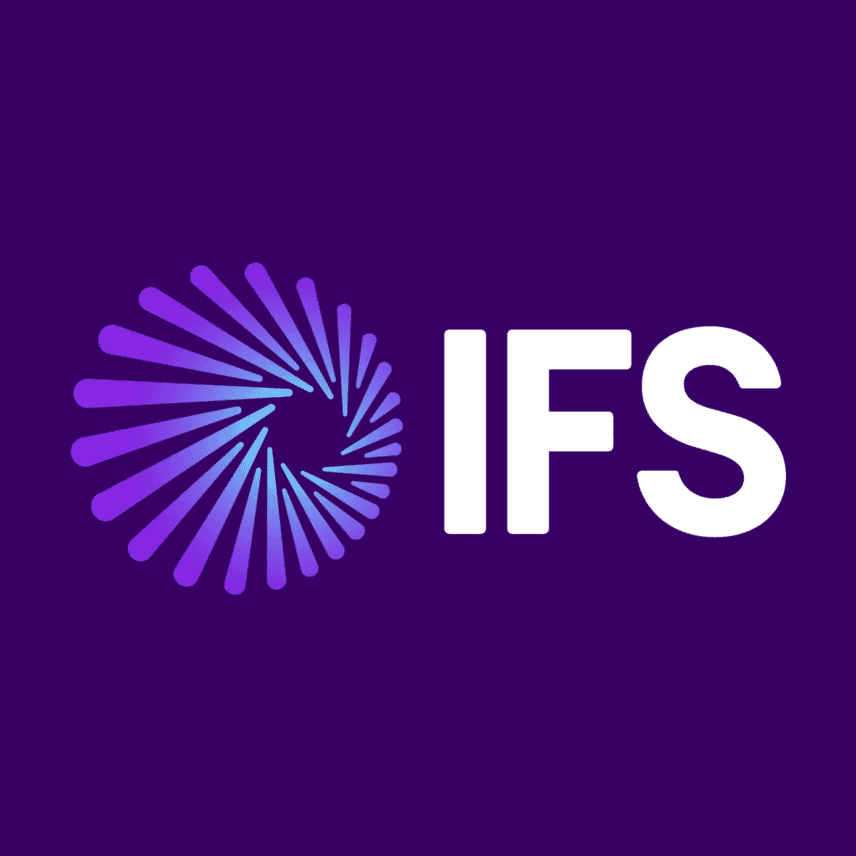As a supplier, you have to stay current in your market. This means you need to update and adapt your offer a little every now and again. Sometimes you need to do this a little more rigorously. At IFS, they pulled out all the stops, and basically changed their entire offering from the ground up. That’s what IFS Cloud basically is. Or is it? As we shall see, in practice things are a little more nuanced. We sat down to talk about IFS Cloud with Darren Roos, the CEO of IFS and with Frank Beerlage, the General Manager of IFS for the Benelux.
IFS has gone through a huge transformation since 2018. When you’re seen as (among other things) an ERP vendor, it’s always hard to come across as a bit hip and sexy as a brand, but at IFS they were also late with a cloud offering, and there was a strong fragmentation in operational regions, offerings and versions of IFS Apps, the company’s central suite. There was a relatively high level of customization, which meant that updates from older to newer versions of the suite were often difficult or impossible to do.
Further, IFS specializes in specific industries. Oil & Gas, Manufacturing, Aerospace & Defense, Engineering & Construction and Energy & Utilities are without a doubt the main ones, although there are others. These were not really industries where there was a lot of demand for something like cloud until a few years ago. In addition, the strong vertical specialization here from IFS led to the excessive customization of the software mentioned earlier.
In short, IFS as a company had some serious changing to do. Since 2018, they managed to do that with surprising speed. We will first briefly outline what has happend since 2018, before we go into IFS Cloud a bit deeper.
A lot has happened in 3 years
2018 was the year that Darren Roos took on the job as CEO of IFS, and with that the challenge to transform the company. The goal was to bring IFS up to date and grow its business, without alienating customers and also without losing sight of the company’s core values. In this regard, Roos often talks about customer success versus sales as a fundamental objective. “A customer doesn’t want to see yet another sales guy, he wants to be successful,” he states. By this he means that it is not the goal of IFS to squeeze existing customers as much as possible, but to ensure that they get maximum value from the IFS platform.
Statements like Roos’s above are rather difficult to verify, although we have since spoken to enough IFS customers who seem to endorse the approach. However, we can objectively assess the changes within IFS and to the company’s software. In 2018, the “new IFS” began to take shape with the announcement of IFS Apps 10, a complete redesign of the software suite. Aurena, the new UI/UX for the suite’s CRM and HR components, particularly stood out then.
Beyond the software, there has also been a marked shift in people. That is, over the past three years, many new people have been recruited, both globally and locally. Besides Roos, almost the entire leadership team has been replaced, and Beerlage took over from his predecessor here in the Benelux last year. It was important to get some fresh perspectives, from outside the IFS ranks. All of the new hires have a lot of experience in the world in which IFS is active, but no ‘IFS legacy’, so to speak. Since the company dates back to 1983, there was a lot of legacy to work with anyway.
IFS Cloud as a result of three years of investment
If you know where IFS is coming from, then you IFS Cloud could be seen as a provisional endpoint. It’s the culmination of all of the efforts of the past three years. All of that change was aimed at getting to this point. That’s why IFS is making so much noise around it, including a new logo and a new product name.
As of this update, the name IFS Applications is a thing of the past. To an outsider, this may be just another upgrade of a software suite, but to IFS itself it is so much more. Both Roos and Beerlage indicated this separately to us. Both also emphasize that there is fundamentally very much different about IFS Cloud compared to the old platform. Beerlage puts it succintly and aptly: “We were cloud-ready, now we are cloud-native.” That means a completely new container-based architecture. The result is a piece of software that offers better performance and is also more scalable.
A key component of IFS Cloud that both men emphasize is its modularity. “It is at the same time a complete environment, but also modular,” indicates Roos. The idea is that there should be no difference between purchasing a single module, for example ERP, or purchasing the full suite. Not only that, according to IFS, it’s no problem at all to seamlessly add a new module later on. “We want to leave the choice with the customer,” as Beerlage puts it. For example, you can purchase CRM as part of IFS Cloud, but you can also continue to use Salesforce. IFS Cloud integrates excellently with existing packages from other suppliers, according to IFS.
Integrations crucial for modern environments
The ability to integrate with other environments is fundamental to IFS Cloud, argue Roos and Beerlage. Roos cites the trend toward servitization that has been going on for some time. This trend revolves around the fact that it is less and less about products and more and more about services. Even in the relatively traditional industries in which IFS operates. “The time when people and companies made products and sold them is over,” states Roos. Nowadays there is always a service attached. You don’t buy an aircraft engine these days, you buy a certain number of flight hours. That is a service, not a product.
As soon as you switch from a product to a service, there is significantly more involved in delivering that service. As a supplier, services provide you with recurring revenue, because it’s subscription-based. The downside of this is that you then also have to ensure that it continues to function. In other words, you get a hefty Field Service Management component as well.
The point that both Roos and Beerlage want to make when it comes to FSM and integrations is that servitization always demands deeper integrations with other environments. “An application then has to run on a single platform where all the relevant processes come together,” in Beerlage’s words. To do this, you also need to be able to seamlessly integrate components such as ERP and CRM, whether they are from IFS or other providers. That’s why both Roos and Beerlage mention the collaboration with Dell Boomi and the presence of many REST API interfaces (more than 10,000) several times.
Core and edge
In addition to the ability to integrate, there is another important component of IFS Cloud. IFS has not only designed the platform to be modular, it also distinguishes between the core and the periphery. The core of the platform is, of course, the various modules and could be called the “basic functionality”. The edge are the adjustments you can make yourself for your specific purposes. This can be in the form of integrating extra tools or environments, but also by expanding the functionality of the IFS platform yourself through low-code. Mendix is an obvious candidate to use here, but you can also look at ERP specialists such as Novacura.
The idea is that the core gets an update every six months, but that you can basically do whatever you want at the edge, without compromising the functionality of the core. In practice this will undoubtedly be a bit more nuanced, we suspect, but the point here is that it is a very modern approach from IFS.
Updating the core, similar to how it is done with Windows 10, undoubtedly has a big advantage at the bottom line. It makes it much easier to achieve the evergreen ambitions that IFS has and has been expressing for several years. It solves the problem of the deeply integrated customizations of the past. You no longer have to stay on an older version, because your customizations don’t work on the new version. Evergreen is also cleaning up a lot of legacy at IFS, of course. That’s a good thing for things like product roadmap, and the development of new features, for example.
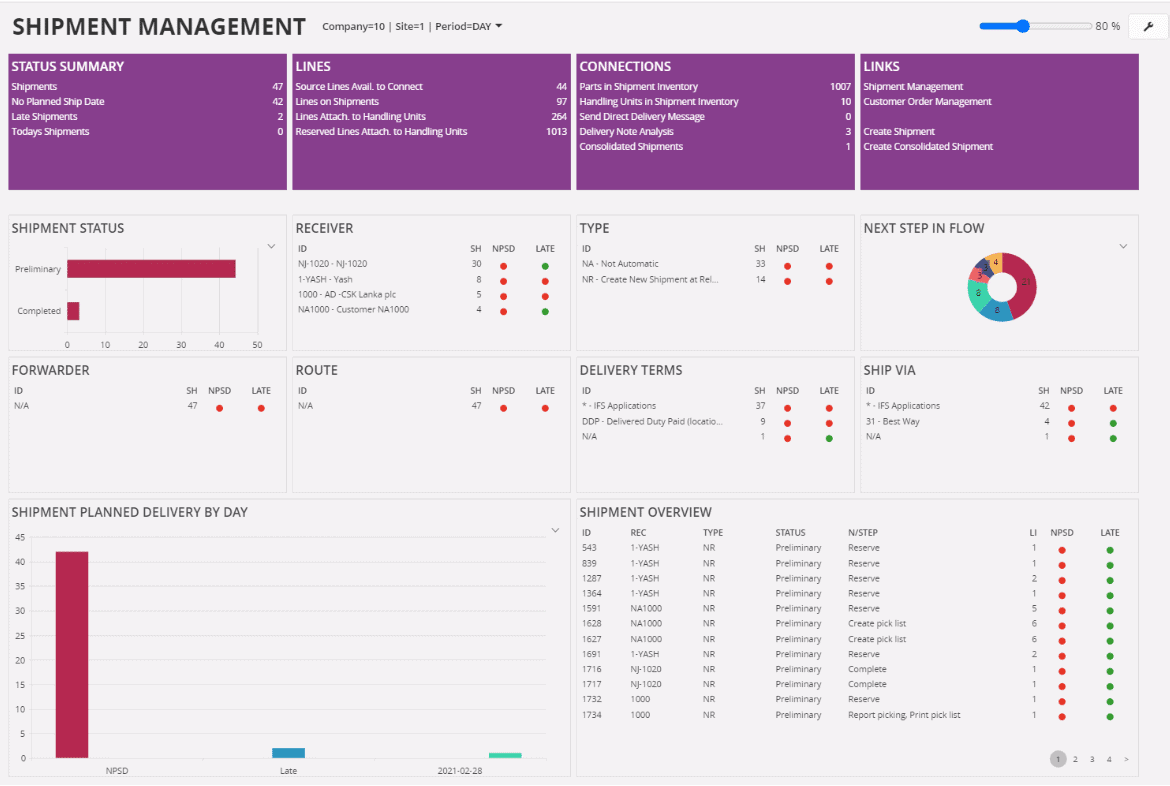
Vertical focus remains
At this point, however, an important question arises. What happens to the vertical specialization that IFS has long been known for? The company focuses on five core areas for a reason. That’s because it believes it can offer deeper vertical specialization there. In other words, customers get more knowledge and functionality because IFS knows those industries extremely well. Is that still possible now that it is working from a fixed core of functionality?
IFS will not shed this ‘positive legacy’, both Roos and Beerlage state clearly. Because they are still focusing on specific sectors, they will also be able to introduce vertical specialization into the core of the new IFS Cloud. Customers can then go even deeper by building applications and modifications against it, as it were.
Do customers want it too?
At first glance, IFS Cloud might seem like an update that will make customers think twice. Customers have often done so in the past anyway, we know from conversations we’ve had with IFS customers. At the time of the announcement of IFS Apps 10 in 2018, for example, customers indicated to us that they would probably update from 9 to 10, but that they didn’t plan on updating to 11 in any case. The main reason for this was that cloud would play a big part in 11, what is now IFS Cloud.
Roos understands this kind of consideration very well, he indicates. He compares it to trying a new browser or switching to a Tesla. “It’s totally OK and normal to be a little hesitant,” he states. “But none of the modules of IFS Cloud are actually new. It’s just modular now and you can deploy it anywhere.” Ultimately, that’s the message IFS wants to convey as well. IFS Cloud may be a big change for IFS itself, but for customers it should be as small as possible.
The adoption last year of the cloud offering that IFS already had (on the basis of the old architecture) makes Roos suspect that the acceptance of IFS Cloud will be fine. It went really fast, even though IFS had actually expected it to go a lot slower. Covid has obviously been an important factor in this, but in any case it shows that customers are no longer necessarily negative about the cloud, something that was the case three years ago. In that respect, customers have grown alongside IFS (and the other way around, of course).
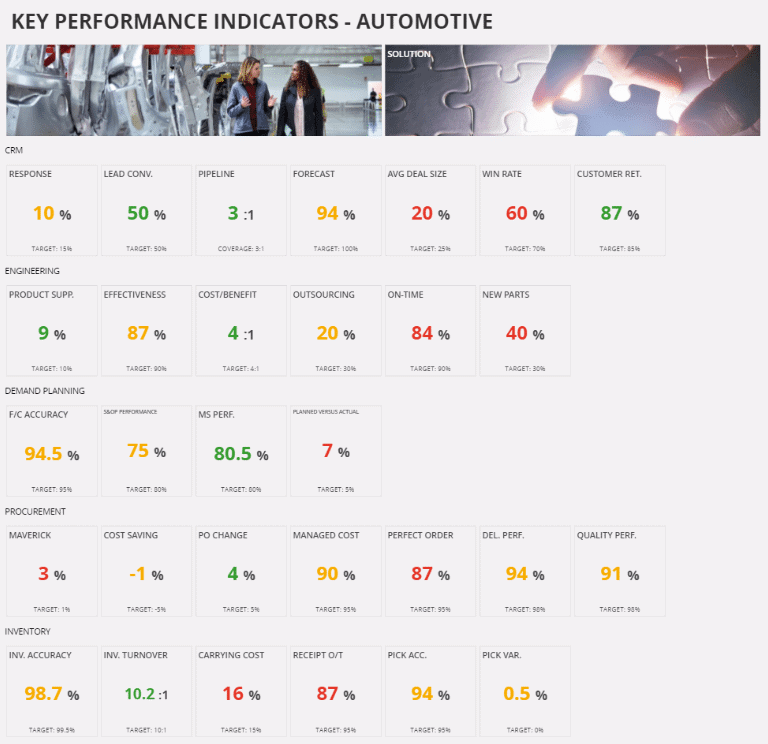
Finally: further expansion
Toward the end of our conversation, Roos lifts a corner of the veil on an acquisition. At the time of our conversation, he could not yet say which company it was, only that it will ensure that IFS’s offering will become even broader. “We believe in simplifying the landscape, to that end it can be good to bring certain extensions of the platform in-house,” he indicates. We now know that he was talking about the aqcuisition of Axios Systems, a provider of Enterprise Service Management, more specifically IT Service Management and IT Operations Management.
Acquisitions such as that of Axios Systems make sense from an IFS perspective as far as we are concerned. On the one hand, IFS is a challenger and a relatively small player, so you want to be as open and modular as possible. On the other hand, if it is possible to pull specific things into your platform, as it were, and thus become a little bigger ‘out of the box’, that is always worth considering. At the end of the day, IFS wants to grow as a company. In order to do that, expanding the platform is a logical step.
It will be interesting to see what the next three years will bring for IFS. As many changes as in the past three seem almost impossible to us. IFS Cloud is the foundation on which IFS is going to build up and out their offering further.

